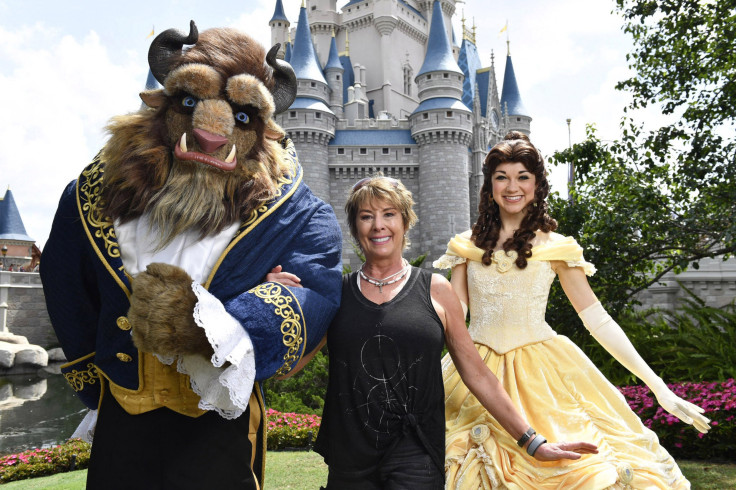Disney's Slowest-Growing Segment Could Be Its Strongest Later This Year

Disney's (NYSE:DIS) fiscal first quarter clocked in just ahead of analyst expectations on both ends of the income statement. Just one of its four business segments -- its parks, experiences, and products division -- failed to grow its revenue by at least double digits.
There was nothing wrong with the 8% increase for Disney's theme park-fueled business. The 9% increase in that segment's operating income shows that the media giant is doing things right in a climate of rising labor costs and beefy investments in new bar-raising experiences. Disney's theme parks appear to be the laggard in the blue chip's arsenal, but it shouldn't surprise anyone when it's the one leading the charge by the end of this year.
It's all relative
There will be near-term challenges for Disney's theme parks segment. Its resorts in Shanghai and Hong Kong remain closed, as Disney shuttered the Hong Kong Disneyland and Shanghai Disney two weekends ago amid the coronavirus outbreak. Disney sees a $175 million hit from the closure of the two parks in which it has significant but not majority stakes for the current quarter, and it's not yet known when they'll be ready to open again.
Things are going far better closer to home. Disneyland finally increased its turnstile clicks after back-to-back periods of declining year-over-year attendance. Disney World is gaining momentum, and both parks should have a monster 2020 now that the second and final phase of Star Wars: Galaxy's Edge is now open at both resorts.
The economy's humming along, and Disney World in particular has even more new attractions on the way. In less than a month it will open the resort's first Mickey Mouse-themed ride. By the time the entire resort turns 50 next year, there will be at least two major roller coasters and several new rides and attractions that will set the new standard of premium theme park experiences. With the economy humming along and both of its parks finally moving in the right direction, Disney is likely to bump its ticket prices higher in the next few months -- the way it has every year since 1989.
The other side of the story
Disney's parks, experiences, and products division will never grow at the same 36% clip as Disney's overall revenue, but it doesn't have to in this case. Disney's media networks and studio entertainment segments are growing at double-digit percentage clips right now, but that's the handiwork of the purchase of Fox assets that closed last year. We surpass that deal next month, so growth will slow substantially once the reported growth is all organic.
It also doesn't help those segments that the near-term prospects for those businesses aren't very bright. Media networks will continue to feel the pain of cord cutters. Disney's studio entertainment won't be able to duplicate the mastery of 2019 in which it put out the country's six highest-grossing movies.
The one segment that Disney's theme parks segment may not catch up to is the nascent direct-to-consumer segment that includes Disney+, ESPN+, and Hulu. Naturally business is booming since the launch of Disney+ three months ago, but how will growth look a year from now? Disney+ subscriber additions are already starting to slow, and there are at least two major new rival streaming services launching later this year.
Disney's theme parks segment is a long shot to overtake its direct-to-consumer business, but it's not impossible. At the very least, it's practically a lock to become the second-fastest grower a year from now. This is the steady producer in Disney's arsenal. It was the only subsidiary to grow at all in fiscal 2017. Theme parks are a big reason Disney's a blue chip stock, and it won't be long before it goes from laggard to leader.
This article originally appeared in the Motley Fool.
Rick Munarriz owns shares of Walt Disney. The Motley Fool owns shares of and recommends Walt Disney and recommends the following options: long January 2021 $60 calls on Walt Disney and short April 2020 $135 calls on Walt Disney. The Motley Fool has a disclosure policy.




















